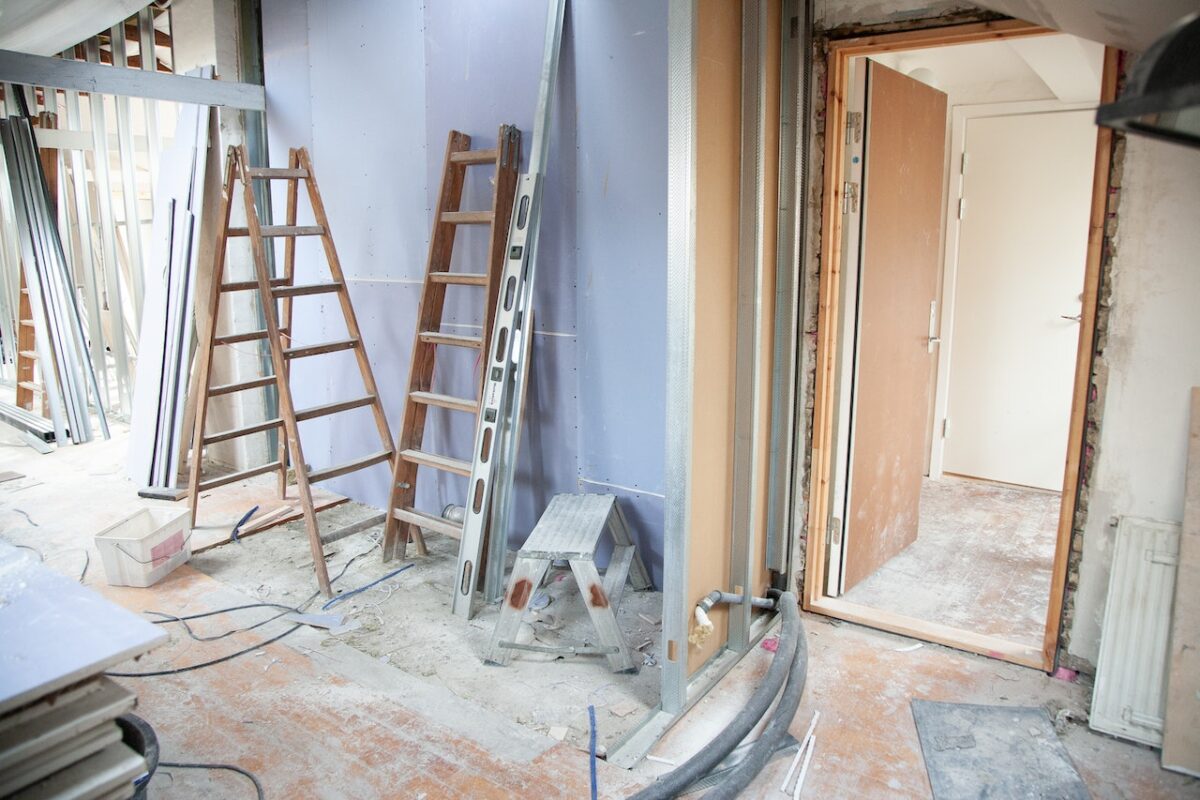
Building your dream home is an exciting venture, but it comes with the responsibility of budgeting to ensure your project stays on track financially. Proper budgeting is critical to creating your ideal home without experiencing unexpected financial stress. In this article, we’ll guide you through the process of estimating costs and share tips to help you avoid common budgeting pitfalls during your new home construction journey. For more information, visit https://www.gelbeseiten.de/ratgeber/hg/welcher-hausbau-anbieter-ist-der-richtige.
Assess Your Financial Situation
Before diving into the specifics of budgeting, assessing your current financial situation is essential. Determine how much you can comfortably afford, considering your savings, income, and any financing options, such as a mortgage or construction loan. It’s also important to consider any potential changes in your income or expenses during the construction process, as this can affect your budget.

Create a Detailed Budget
Once you clearly understand your financial resources, create a comprehensive budget for your new home construction. Consider the following components:
- Land Costs: If you still need to purchase the land, factor in the cost of the lot, including property taxes and any necessary site preparations.
- Construction Costs: Estimate the expenses related to the actual building, including materials, labor, permits, and subcontractor fees.
- Design and Architectural Fees: Account for design and architectural services if you work with professionals.
- Utilities and Infrastructure: Include costs for connecting utilities such as water, electricity, gas, and sewage systems.
- Interior Finishes: Budget for interior finishes, fixtures, appliances, flooring, and cabinetry.
- Landscaping and Outdoor Features: Remember expenses related to landscaping, outdoor spaces, and any additional amenities you want to include.
- Contingency Fund: Set aside a contingency fund for unexpected expenses, typically around 10-15% of your total budget.
Get Multiple Quotes
To ensure accurate cost estimates, seek quotes from multiple builders, contractors, and suppliers. This allows you to compare prices and select the most cost-effective options while maintaining quality. Don’t forget to factor in any potential additional costs, such as overtime fees or change orders.
Consider the Location
The location of your building site can significantly impact construction costs. Research local labor and material prices, as well as permit fees and regulations, to account for location-specific factors in your budget.
Prioritize Your Needs and Wants
Identify your must-have features and prioritize them in your budget. Make a clear distinction between essential elements and items that would be nice to have but aren’t crucial. This helps you allocate funds wisely.
Account for Future Expenses
Remember that your expenses don’t end once your home is built. Factor in future costs such as property taxes, homeowners’ insurance, maintenance, and potential renovations or upgrades. Planning for these expenses can prevent future financial strain.
Regularly Review and Adjust
As your home construction progresses, regularly review your budget to ensure you’re staying on track. Be prepared to make adjustments if necessary, especially if unexpected costs arise. Communicate openly with your builder and other professionals involved to avoid any surprises.

Seek Professional Guidance
Consider consulting with a financial advisor or a construction cost estimator to ensure your budget is well-informed and realistic. They can offer valuable insights and help you navigate any complex financial aspects of your new home construction.
In Conclusion
Budgeting for your new home is a crucial step in achieving your dream while maintaining financial stability. By creating a detailed budget, getting multiple quotes, prioritizing needs and wants, and regularly reviewing expenses, you can navigate the construction process confidently. Avoiding common budgeting pitfalls ensures that your new home project remains a fulfilling and financially sound endeavor, allowing you to enjoy your dream home for years to come.
